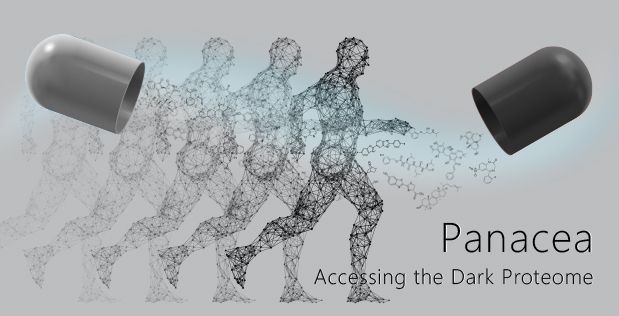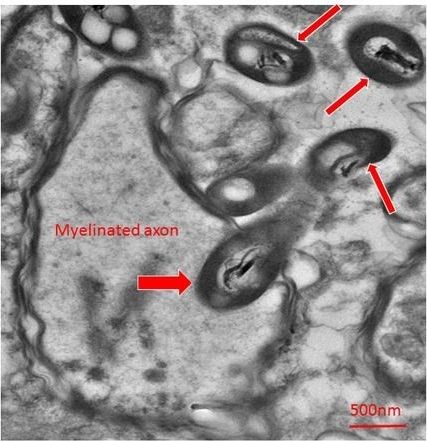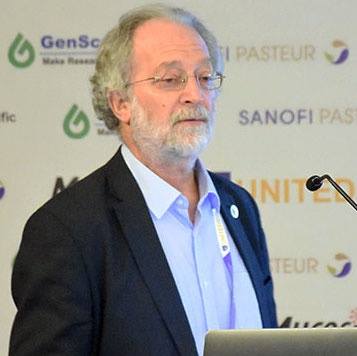Nov 29, 2018
Stone Tools at Arabian “Crossroads” Present Mysteries of Ancient Human Migration
Posted by Genevieve Klien in categories: materials, neuroscience
Scerri now knows when people dropped their tools on the barren ridge, but she can only speculate as to just who they were.
“The hominins responsible for the Acheulean at the site made their way into the heart of now arid Arabia by following lake and river channels. Once there, they climbed up the largest dyke, which was also a source of raw material,” she says. The toolmaking site they created there, perched at a lofty vantage point from which they could observe the surrounding plains, hints at how they may have thought and lived. “We don’t know which hominin taxon made these tools, but what we can say is that the hominins were resourceful and intelligent,” adds Scerri, of the Max Planck Institute and the University of Oxford.
Why these hominins took such a route at all is another area of intriguing speculation. “Although Arabia was wetter when these hominins were at Saffaqah, it was still a marginal environment,” Scerri says. “Were they pushed to the margins by larger brained hominins elsewhere, such as Neanderthals or even Homo sapiens in Africa?”


















